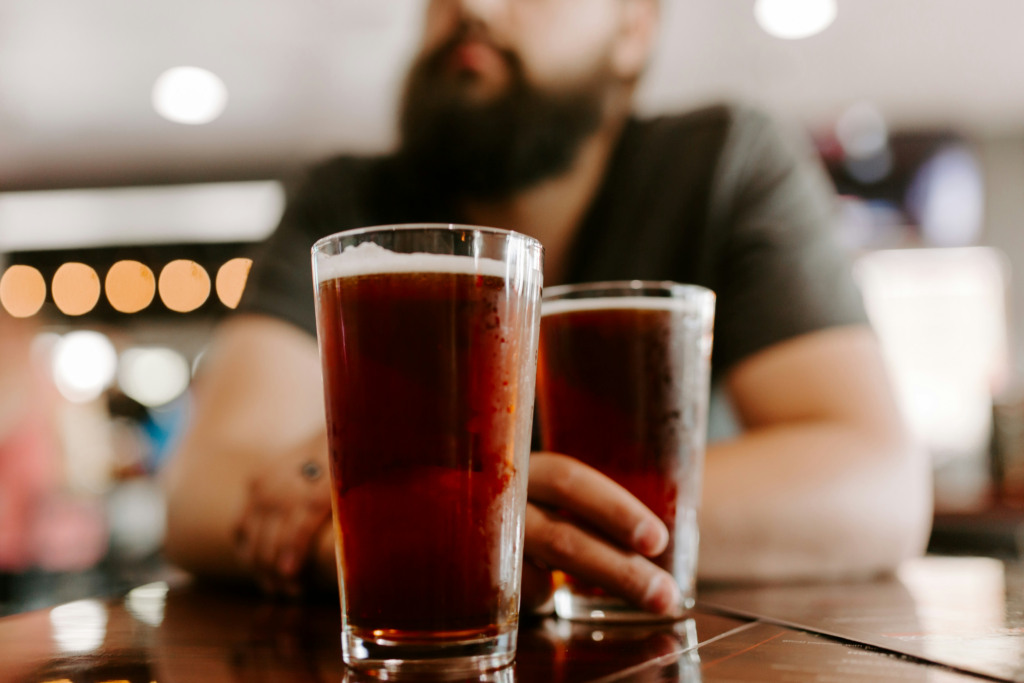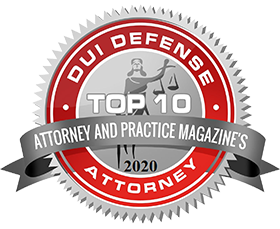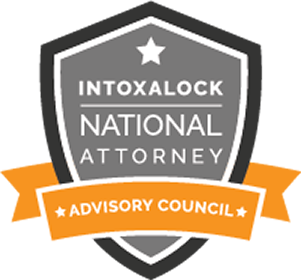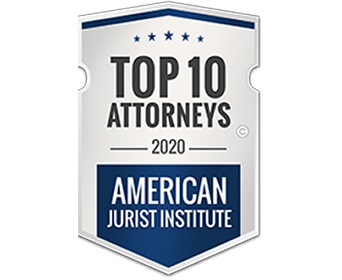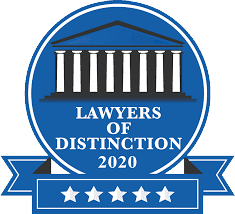Feb 19th, 2019
Is drinking in college an acceptable or unwise rite of passage?
Is drinking in college an acceptable or unwise rite of passage?
College drinking may be seen as a rite of passage, but it can result in criminal penalties, including underage drinking and driving while intoxicated.
Spring break is nearly here, and for many college students in Oregon and across the country, this signals a time for some well-deserved partying and relaxation. Unfortunately, partying is also synonymous with drinking – as well as the consequences that come from underage drinking and drunk driving.
Widely considered a rite of passage into adulthood, many new college students are unwilling to wait until they are of legal drinking age before they begin consuming alcohol on campus. This may, of course, lead to someone being accused of a crime, whether it is underage drinking, driving while intoxicated or some other alcohol-related criminal charge. This does not necessarily deter young people from drinking, however. According to the National Institute on Alcohol Abuse and Alcoholism, more than 3,300,000 college students drink and drive every year.
Why do underage college students drink?
Classes and studying are stressful, especially for new students. Many of them adjust to college life by drinking, especially during the first six weeks of the new school year. Others enjoy the social aspect of drinking, especially since it can help them make new friends and feel like they fit in. Peer pressure is another common reason for drinking that does not go away after the high school years are over. Many college settings make young students feel pressured to drink alcohol, which may in turn lead to driving while intoxicated and other risky behaviors.
What are some most common drinking scenarios during college life?
According to the Prevention Resource Center, university students often consume alcohol in the following settings:
- Fraternity or sorority parties
- Fraternity initiation or “hazing” rituals
- Sporting events
- Get-togethers at residence halls
- Parties at off-campus housing
- Bars near the college campus
Additionally, the high prevalence of student drinking may lead to other unlawful activities, including obtaining a fake driver’s license to be able to drink in bars.
How can you avoid drinking consequences during college?
Some solutions are simple, such as avoiding drunk driving charges by not getting behind the wheel while intoxicated. College students may also practice methods of resisting peer pressure or make a decision to limit their drinking to only a couple of beers at social events.
An underage drunk driving conviction may have lasting consequences and could affect your education and employment opportunities. If you are facing DUI charges, you may need the help of an experienced Oregon drunk driving defense attorney to ensure your interests are protected. We have DUI Attorneys in Salem, Bend, Medford and Portland, Oregon.
Call Today For A Free Consultation: 503-747-7198
